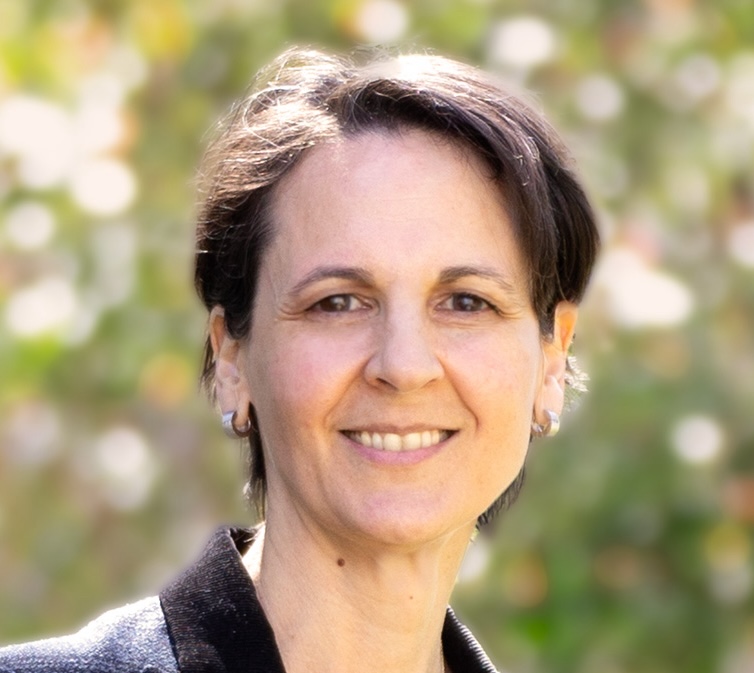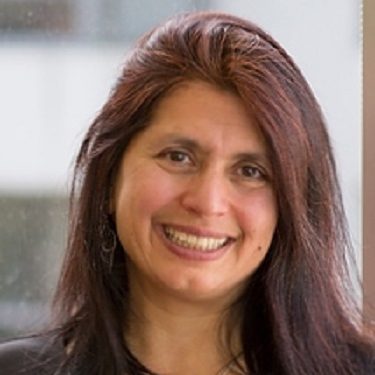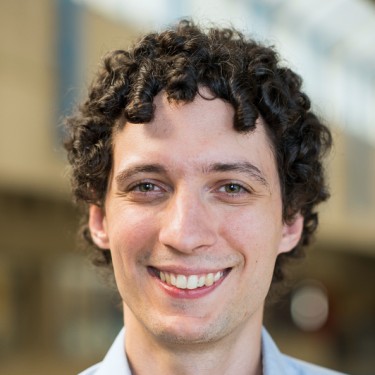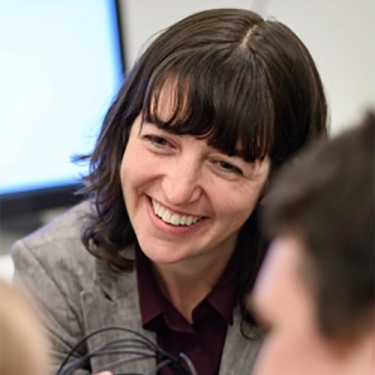Early Childhood Education
-
Professor
- Child development
- children’s outdoor play and risky play
- parent and educator perspectives of risk
- design of child-friendly neighbourhoods
-
Professor
- Motivation and self-regulated learning in young children
- social perspectives on teaching and learning
- reading and writing
- accommodating individual difference in general education classrooms
- learning disabilities
- special education
-
Public Health Researcher and Educator
- public health
- social equity
- women's health
- global politics
- social determinants of health
- anti-racism
- anti-imperialism
- integrative health
- holistic health practices
- yoga
- meditation
- indigenous systems of health
- health policy
-
Assistant Professor
- Cognitive development
- language acquisition
- mathematics
- perception of time and space
- psychophysics
- visual cognition
- preschoolers
- confidence
- statistics
-
Associate Professor
- Social perspective taking
- social learning
- social cognition
- imitation
- nonverbal behavior
- confidence
- communication
- decision-making
- impression formation
- child development
- the study of children and adults' social perspective taking abilities (i.e., their abilities to reason about other peoples' mental states--their intentions, knowledge, and beliefs) and how their abilities to take another person's perspective impacts how they form impressions of others, learn from others, communicate with others, and informs a range of socials. Of particular interest is a) how children make inferences about what is credible information to learn (e.g., how they decide whether someone is a credible source of information based on how confident that person seems) and b) how a widespread bias in perspective taking referred to as 'the curse of knowledge bias' (a difficulty reasoning about a more naive perspective as the result of being biased by one's current knowledge) can impair communication (both written and in person) and decision-making across a range of fields (politics, law, education, economics, medicine, etc.)
-
Assistant Professor
- Children's physical activity and health
- physical education
- health education
- curriculum
- pedagogy
-
Professor
- Brain
- neuroscience
- rehabilitation
- neuroplasticity
- learning
- motor learning
- stroke
- educational neuroplasticity
- MRI
- functional MRI
- transcranial magnetic stimulation
- healthy aging
- exercise
-
Professor
- Immigration
- immigrant children's language and literacy education
- English as a second language (ESL) education
- Chinese heritage language education
- early childhood education
- family literacy
- technology-enhanced language teaching
- pre- and inservice TESOL teacher education
- cross-cultural studies
-
Assistant Professor
- developmental cognitive neuroscience
- learning abilities
- memory
- perception (audition and vision)
UBC EXPERTS ON TOPICAL ISSUES






